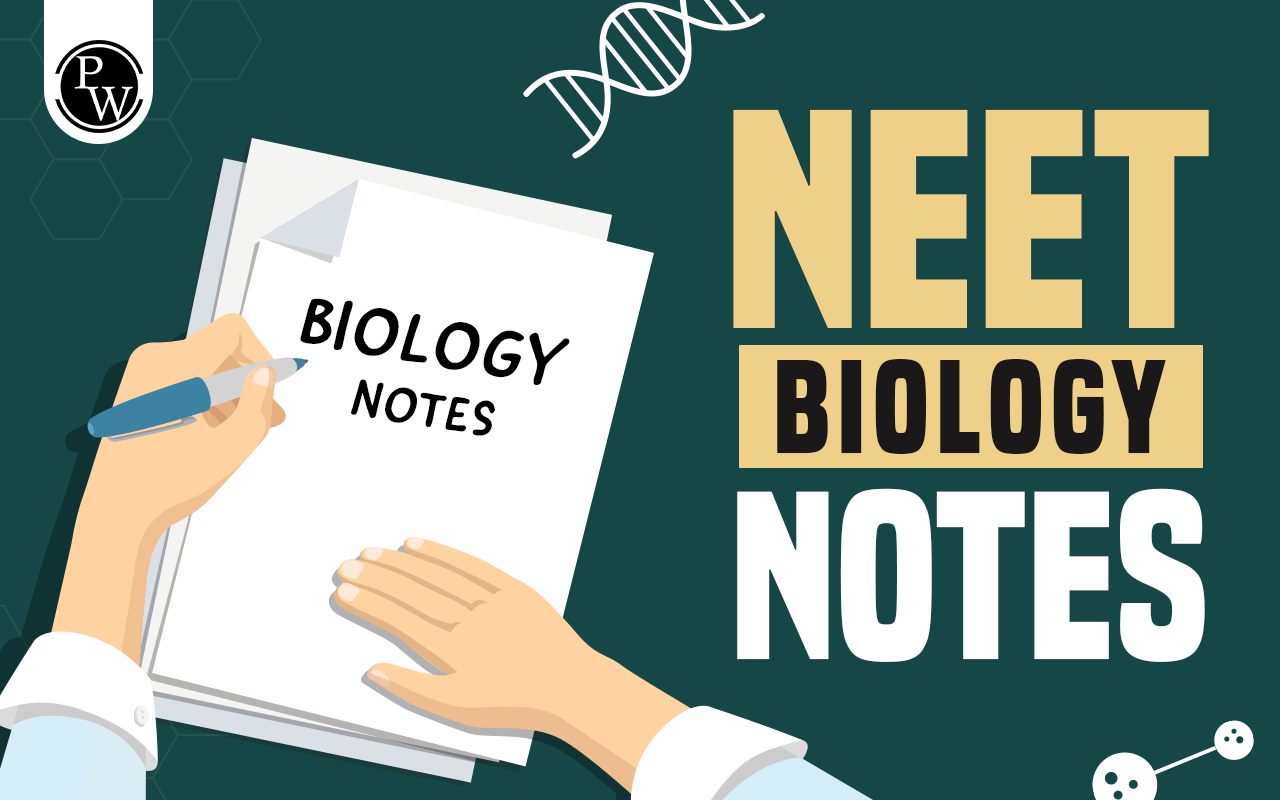
Electrocardiogram: An electrocardiogram, also known as an EKG or ECG, is a quick and easy diagnostic procedure that evaluates how well the heart is working. Electrodes, or tiny, sticky patches, are applied to particular parts of the arms, legs, and chest and then lead wires are used to connect them to an ECG machine. The machine records and prints the electrical activity of the heart without sending any electricity into the body.
The heart's natural electrical impulses coordinate its contractions to maintain proper blood circulation. An ECG records these impulses, indicating the heart's rate, rhythm (regular or irregular), and the timing of electrical impulses as they pass through various parts of the heart. ECG changes can indicate a variety of heart conditions. This article provides detailed information on electrocardiograms and their functions.Electrocardiogram Types
There are various types of electrocardiograms (ECGs) used to assess heart health. The most common ones include::- Resting ECG: This is the most commonly used ECG method. It requires placing electrodes on the chest, arms, and legs while the patient lies down. The heart's electrical activity is recorded for a brief period, typically around 10 minutes. A resting ECG aids in detecting abnormal heart rhythms, heart attacks, and other cardiac issues.
- Stress ECG (exercise stress test): The doctor monitors the patient's heart rate and rhythm while they exercise on a treadmill or stationary bike to see how the heart responds to exertion. A stress ECG helps in identifying blood flow issues to the heart, such as coronary artery disease.
- Holter Monitor: This portable ECG device is worn for 24 to 48 hours during normal daily activities. It continuously records the heart's electrical activity, which can reveal irregular heartbeats not captured by a resting ECG.
- Event Recorder: A small, portable ECG device worn for a few weeks or months. Patients press a button when experiencing symptoms like chest pain or palpitations, enabling the device to record the heart's electrical activity at that moment, aiding in identifying the symptom's cause.
- Signal-averaged ECG (SAECG): A specialized ECG used to diagnose arrhythmogenic right ventricular cardiomyopathy (ARVC), a condition that can lead to sudden death. SAECG is a more intricate test than a standard ECG and is not as widely accessible.
Electrocardiogram (ECG) Working
An electrocardiogram (ECG) is a non-invasive diagnostic test that records the heart's electrical activity. It plays a vital role in evaluating cardiac health and detecting various heart conditions.How Does an ECG Function?
The heart produces small electrical impulses that trigger muscle contractions, enabling it to pump blood. An ECG machine detects these impulses through electrodes placed on the chest, arms, and legs. The electrodes capture the electrical signals, which are then amplified and displayed as a graph by the ECG machine. This graph, known as an electrocardiogram, illustrates the electrical waves as they travel through the heart's chambers.Biotechnology And Its Applications
Electrocardiogram Waves
A standard ECG trace reveals distinct wave patterns, each indicating a specific stage of the electrical impulse's journey through the heart:- P wave: Indicates the spread of the electrical impulse through the atria (upper chambers), causing them to contract.
- QRS complex: Reflects the impulse's passage through the ventricles (lower chambers), stimulating their contraction.
- T wave: Represents the ventricles' relaxation.
- U wave: Reflects atrial repolarization (may not always be visible on a normal ECG).
| Other NEET Biology Topics | ||
|---|---|---|
| Ribosomes | Pollination | Apomixis |
| Centrosome | Embryo | Tissues |
| Rhizopus | Pinus | Gluconeogenesis |
| Chlamydomonas | Chara | Ribs |
What Information Does an EKG Detect?
By analysing the ECG trace, a physician can assess:- Heart rate: The number of heartbeats per minute.
- Heart rhythm : Whether the heart rhythm is regular or irregular.
- Size and positioning of the heart chambers.
- Blood flow to the heart muscle.
- Prior heart muscle damage from a past heart attack.
- Other cardiac issues, such as arrhythmias (irregular heart rhythms) or conduction abnormalities.
- Coronary artery disease
- Heart attack
- Arrhythmias
- Heart valve disorders
- Heart muscle abnormalities
Why ECG is Done?
The electrocardiogram (ECG) provides two primary types of data:- Determining Conduction Time: Surgeons use the ECG to measure the time it takes for an electromagnetic pulse to traverse the heart. They do this by calculating time intervals on the ECG, and observing whether the electrical activity is natural, sluggish, fast, or erratic. This helps determine how long a pulse takes to travel from one part of the heart to another.
- Assessing Heart Condition: Cardiologists can assess if areas of the heart are enlarged or overworked by measuring the electrical activity flowing through the heart muscle. A traditional 12-lead ECG involves placing ten electrodes on the patient's arms and chest. The average strength of the heart's electrical potential is then calculated from 12 different angles (known as "leads") over a period, typically 10 seconds. This process allows for the observation of the total intensity and trajectory of the heart's electrical depolarization during the cardiac cycle.
Difference Between ECG and EKG Test
The two terms refer to the same medical procedure: an electrocardiogram (ECG). The term "EKG" is derived from the German word, which has "k" instead of "c" in both parts of it. It is important to note that an EKG differs from an echocardiogram, which is a type of ultrasound that produces images of the heart as it beats.Electrocardiograms Risks
Electrocardiograms are generally safe procedures with minimal risks. Since an ECG does not administer electricity to the body, there is no risk of receiving an electric shock. However, some individuals may experience a rash or skin irritation at the sites where the electrodes were placed. Several factors can interfere with the accuracy of ECG results, including:- Movement or talking during the ECG test
- Smoking or engaging in vigorous exercise prior to the test
- Pregnancy
- Obesity
- Certain medications
- Abdominal swelling caused by fluid accumulation (ascites)
- Electrolyte imbalances, such as abnormal levels of calcium, potassium, or magnesium in the blood
| NEET Exam Important Links | |
|---|---|
| NEET Biology Syllabus | NEET Biology Diagrams |
| NEET Biology MCQ | NEET Biology Chapter wise Weightage |
| NEET Biology Notes | NEET Previous Year Question papers |
Electrocardiogram FAQs
What is an electrocardiogram used to diagnose?
An electrocardiogram (ECG) is utilised to diagnose various heart conditions, such as abnormal heart rhythms and coronary heart disease (including heart attacks and angina), by recording the heart's electrical activity.
What are the types of ECG?
The two main types of ECG. Resting ECG, performed most frequently, involves placing electrodes on the chest, arms, and legs while the patient lies down. Stress ECG which is also known as an exercise stress test, this ECG monitors the heart's activity during physical activities like walking or running on a treadmill.
Is there a difference between an EKG and an electrocardiogram?
"EKG" and "ECG" are different spellings for the same diagnostic test that monitors the heart's electrical activity. "EKG" is derived from the German spelling of "electrocardiogram," with the abbreviation "EKG" originating from the test's initial invention location.
What is a normal ECG?
A normal ECG should indicate that the heart is beating at a regular rate of 60 to 100 beats per minute. However, an ECG can reveal various heart conditions, including abnormal heart rhythms, heart defects, coronary artery disease, heart valve issues, or an enlarged heart.
What is a normal ECG value?
Normal ECG values for waves and intervals are as follows:
1. RR interval: 0.6-1.2 seconds.
2. P wave: 80 milliseconds.
3. PR interval: 120-200 milliseconds.
Can ECG detect heart blockage?
No, an ECG (electrocardiogram) cannot directly detect heart blockages. Its primary purpose is to record the heart's electrical activity.
Talk to a counsellorHave doubts? Our support team will be happy to assist you!

Check out these Related Articles
Free Learning Resources
PW Books
Notes (Class 10-12)
PW Study Materials
Notes (Class 6-9)
Ncert Solutions
Govt Exams
Class 6th to 12th Online Courses
Govt Job Exams Courses
UPSC Coaching
Defence Exam Coaching
Gate Exam Coaching
Other Exams
Know about Physics Wallah
Physics Wallah is an Indian edtech platform that provides accessible & comprehensive learning experiences to students from Class 6th to postgraduate level. We also provide extensive NCERT solutions, sample paper, NEET, JEE Mains, BITSAT previous year papers & more such resources to students. Physics Wallah also caters to over 3.5 million registered students and over 78 lakh+ Youtube subscribers with 4.8 rating on its app.
We Stand Out because
We provide students with intensive courses with India’s qualified & experienced faculties & mentors. PW strives to make the learning experience comprehensive and accessible for students of all sections of society. We believe in empowering every single student who couldn't dream of a good career in engineering and medical field earlier.
Our Key Focus Areas
Physics Wallah's main focus is to make the learning experience as economical as possible for all students. With our affordable courses like Lakshya, Udaan and Arjuna and many others, we have been able to provide a platform for lakhs of aspirants. From providing Chemistry, Maths, Physics formula to giving e-books of eminent authors like RD Sharma, RS Aggarwal and Lakhmir Singh, PW focuses on every single student's need for preparation.
What Makes Us Different
Physics Wallah strives to develop a comprehensive pedagogical structure for students, where they get a state-of-the-art learning experience with study material and resources. Apart from catering students preparing for JEE Mains and NEET, PW also provides study material for each state board like Uttar Pradesh, Bihar, and others
Copyright © 2026 Physicswallah Limited All rights reserved.









